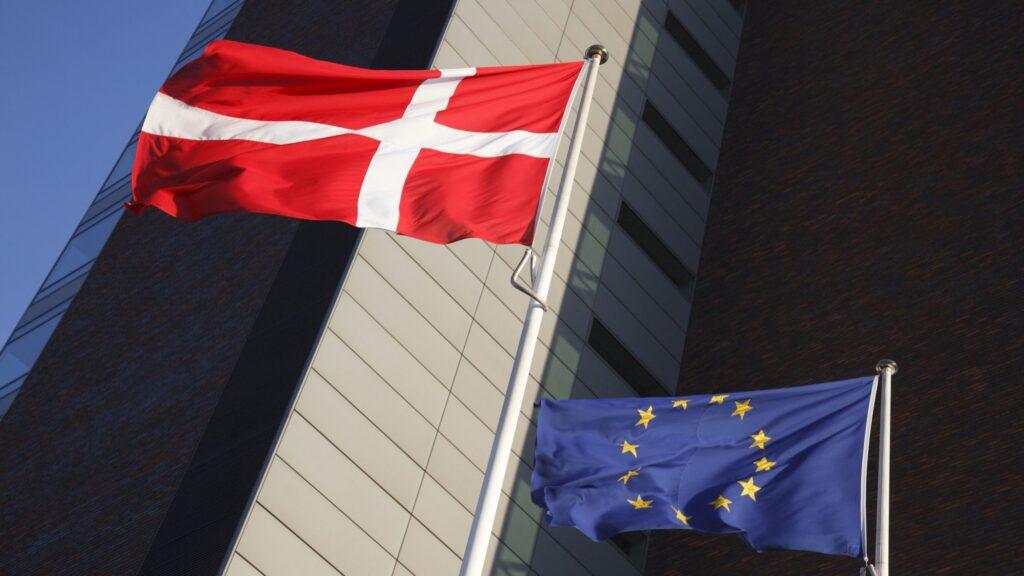- Denmark withdraws mandatory scanning of private chats in the EU
- New pledge could make chat monitoring voluntary
- Known as Chat Control, it emerges as a way to stop online child sexual abuse
After months of backlash, Denmark withdrew a proposal that would have made chat monitoring mandatory on all messaging services operating in Europe. However, the battle over private chats still continues.
Dubbed Chat Control by its critics, the Danish version of the Child Sexual Abuse Regulation (CSAR) was first halted the day before a crucial meeting scheduled for October 14 between the EU Council and the EU Justice Minister due to a lack of support.
Under the now-defunct proposal, all messaging platforms would have been required to scan all URLs, images and videos shared by their users for child sexual abuse material (CSAM).
Encrypted services like Signal and WhatsApp were expected to do this before messages were encrypted. A requirement that companies like Signal, the Top VPN providers and other experts have warned that it does not support how encryption works.
Now, with mandatory chat scanning off the table, Denmark has introduced a new compromise that would make CSAM monitoring voluntary.
“The new approach is a win for the digital freedom movement and a huge step forward when it comes to saving our fundamental right to the confidentiality of our digital correspondence,” said Patrick Breyer, a long-time Chat Control critic.
Breyer, a former German Pirate Party MEP and digital rights jurist, is not ready to celebrate yet. While a crucial improvement, the new Danish proposal still leaves open some questions regarding the privacy and security of Europeans.
“Mid-good proposal”
Voluntary CSAM scanning would then be made permanent and included in Article 4 as a possible mitigation measure.
However, the Danish Presidency still leaves a door open to mandatory scanning by planning to introduce a “review clause”.
This would invite the Commission to “assess the need and feasibility of including screening obligations in the future.” A process that could “lead to a new legislative proposal from the Commission”, including new directives on detection obligations.
It is worth remembering that the European Commission was the first to include mandatory chat scanning in its proposed Child Sexual Abuse Regulation (CSAR) in May 2022, as a solution to the spread of child sexual abuse material (CSAM).
This, Internet Society Director of Government Affairs and Advocacy Callum Voge told TechRadar, allows the file to be reviewed in the future if new detection technologies are developed as alternatives to client-side scanning.
“This is probably a negotiating tactic on Denmark’s part to appease hardline member states that have so far supported mandatory scanning,” Voge said.
However, according to Breyer, this may be a way to “introduce mandatory chat control through the backdoor,” rather than a real solution.
🇪🇺⚠️ A perfidious trick? The Presidency of the Council of the EU wants to introduce mandatory #ChatControl through the back door 🚪: an art. Amendment 4 would mandate that “all reasonable mitigation measures,” including scanning, be enforced with penalties. 😡https://t.co/ewR3a3kSZaNovember 5, 2025
Another amendment could also require providers of high-risk services to develop relevant technologies to mitigate the risk of child sexual abuse identified in their services (Article 5).
This indicates, explains Voge, the high-level intention of the Danish Presidency. Still, without giving details. “To say definitively, we would need to see the concrete commitment text.”
What is certain is that both Breyer and Voge also believe that voluntary scanning may carry some security and privacy risks.
Breyer told TechRadar: “Even when voluntarily implemented by communications service providers such as currently Meta, Microsoft or Google, chat monitoring remains completely indiscriminate and results in indiscriminate mass surveillance of all private messages on these services.”
However, according to Voge, what is important here is the choice.
He said: “Denmark’s previous scanning obligation would have forced everyone to use unsafe services. Voluntary scanning means that users will continue to have a variety of options when it comes to the services they are using.
It now remains to be seen whether this new “half-good” Danish proposal will attract the majority needed to move on to the next stage.
After all, Poland tried a similar route earlier in the year, but abandoned voluntary chat scanning in June due to a lack of votes.
Follow TechRadar on Google News and add us as a preferred source to receive news, reviews and opinions from our experts in your feeds. Be sure to click the Follow button!




